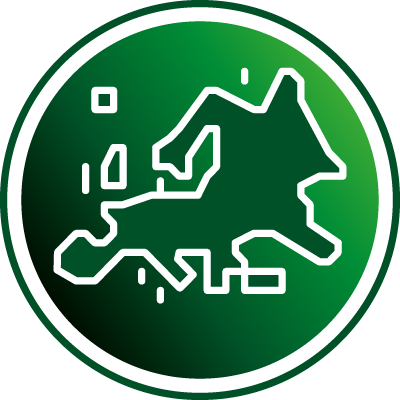
Rewilding practice
Working with stakeholders at eight carefully selected rewilding sites across Europe, the wildE project will gather first-hand information on how rewilding solutions can effectively support nature and people whilst being economically viable.
The wildE team will:
Document rewilding actions, assess their enablers and constraints, and analyse rewilding outcomes for mitigating and adapting to climate change and enhancing biodiversity.
Assess the impact of rewilding for the resilience of landscapes to climate-linked disturbances, and provide a catalogue of intervention actions for enhancing it.
Analyse rewilding politics in terms of institutions, interests, perceptions, conflicts and their management.
Quantify and compare stakeholder-specific costs of local rewilding interventions.
Estimate and compare societal benefits (including economic values) of rewilding.
Outcomes from this work will include a report on rewilding enablers and constraints in the eight wildE case studies, a report on the effectiveness of different rewilding interventions and a review of the scientific literature on social/policy dynamics concerning rewilding practices.
Partners involved.
-

Biopolis
-

CREAF
-

Lund University
-

KNAW
-

INRAE
-

University of Copenhagen
-

European Forest Institute
-

SAS - Institute of Forest Ecology
-

Czech University of Life Sciences Prague
-

Wageningen University
-
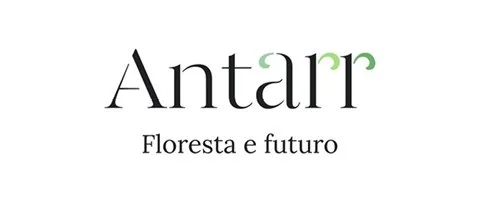
Antarr Sustainable Productive Forest
-
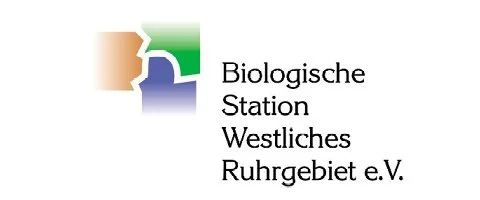
Biologische Station Westliches Ruhrgebiet
-
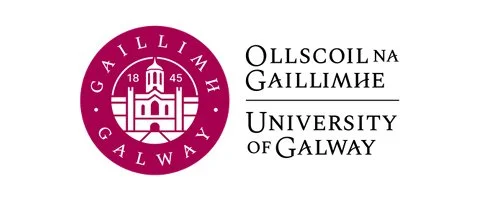
University of Galway
-

Coillte Teoranta
-
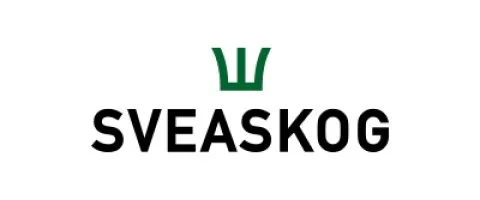
Sveaskog Förvaltnings
Meet the team
-

Liesbeth Bakker
Project lead for rewilding practice. She is senior researcher at the Netherlands Institute of Ecology (NIOO-KNAW) and professor in rewilding Ecology at Wageningen University & Research. She works on rewilding and ecosystem restoration under global change in freshwater and marine wetlands, grasslands and forest landscapes
-

Sven Wunder
Project co-lead for rewilding practice. Principal Scientist, environmental economist, will supervise cost assessments and link to other WPs.
-

Jette Bredahl Jacobsen
Jette Bredahl Jacobsen is the work package leader for WP4, and is also engaged in the other work packages, especially WP2, where she is task leader of T2.5 ‘Estimating values of rewilding benefits’. Jette is professor in environmental and resource economics at The University of Copenhagen, where they work with various aspects, but in particular climate, biodiversity, forests.
-

Cecilia Fraccaroli
A Junior Researcher in forest economics, Cecilia will assess costs of rewilding interventions in the case studies.
Discover more.
-

Rewilding baselines
Identifying factors that make rewilding attempts more likely to be successful and developing a framework which uses European-wide data to identify rewilding opportunities.
-

Rewilding futures
Using advanced modeling techniques and rewilding scenarios to better understand how environmental and societal changes in the future might affect the potential for rewilding in Europe.
-
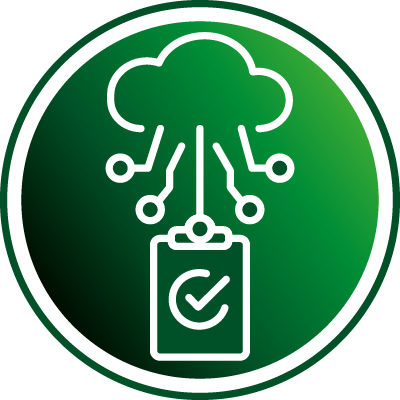
Rewilding synthesis
Bringing together the new research and lessons from wildE to produce practical outputs and tools. These include: guidelines, policy recommendations and online tools.
-

Rewilding dialogue
Ensuring there is effective two-way dialogue with key rewilding stakeholders. This includes engaging local stakeholders at eight rewilding sites and working with key scientific and policy stakeholders.

